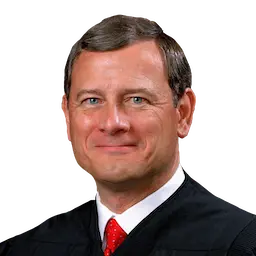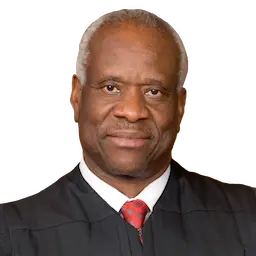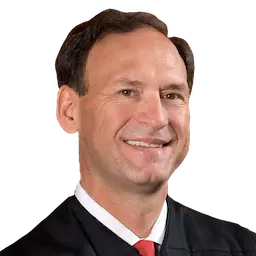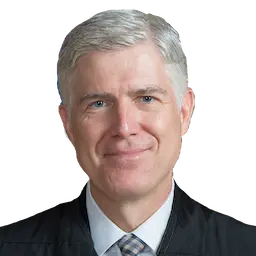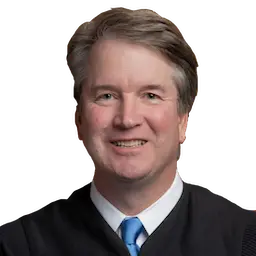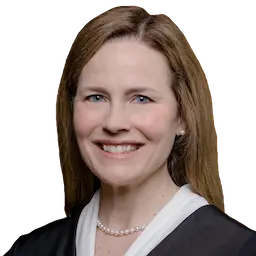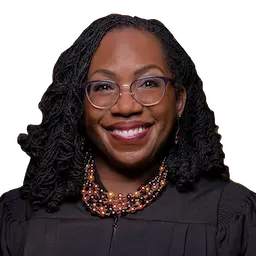Supreme Connections
Every year, the Supreme Court’s nine justices fill out a form that discloses their financial connections to companies and people. Using our new database, you can now search for organizations and people that have paid the justices, reimbursed them for travel, given them gifts and more.
Examples: Clarence Thomas, Harvard University, The Federalist Society

1,920 Connections
521 Organizations
$213,500 Gifts
Most Mentioned
Universities, law firms, nonprofits and other organizations that appear most often on the justices’ forms.
Browse by Category
Explore the justices’ connections by the type of organizations they’ve listed.
About The Data
The bulk of the data we used came from the Free Law Project, which maintains a database of more than 35,000 financial disclosure records for federal judges, justices and magistrates, most of it dating back to 2003. These disclosures, which federal employees are required to file each year under the Ethics in Government Act of 1978, are maintained by the Administrative Office of the U.S. Courts. The law, however, requires most of them to be destroyed after six years, making many disclosures from earlier years hard to find. Our disclosures cover most of those filed since 2003, as well as some financial information disclosed by some justices during their Senate confirmations in 1990, 1991 and 2000. Our database also includes eight of Clarence Thomas’ disclosures from 1992 to 1999 provided by Documented. (Do you have information about a Supreme Court justice’s finances from before 2003? Email us.)
Because much of the data was extracted from PDFs using optical character recognition, we designed our own database and imported and cleaned the Free Law Project’s data to fix scanning and other errors. We corrected spelling errors, edited fields for style and clarity and, where possible, attempted to add contextual information by, for example, categorizing organizations and transactions, standardizing certain fields, updating entity names or filling in missing information.
In some cases, such as when the Free Law Project did not have a specific disclosure or had not extracted data from a report, we extracted or transcribed the data manually.
After cleaning and standardizing the data, we spot-checked it for accuracy, looking primarily for transcription or categorization errors. If you believe you see an error in the database, please contact us at [email protected].
More from Friends of the Court
ProPublica has reported that justices have sometimes failed to disclose speaking engagements and gifts like private jet travel and luxury vacations from wealthy and influential people. Read our series: Friends of the Court.
Do you have any tips on the courts? Contact us securely or reach out to ProPublica reporters Justin Elliott and Josh Kaplan.
-
Alito Took Unreported Luxury Trip With GOP Donor Paul Singer
In the years after the undisclosed trip to Alaska, Republican megadonor Paul Singer’s hedge fund has repeatedly had business before the Supreme Court. Alito has never recused himself.
-
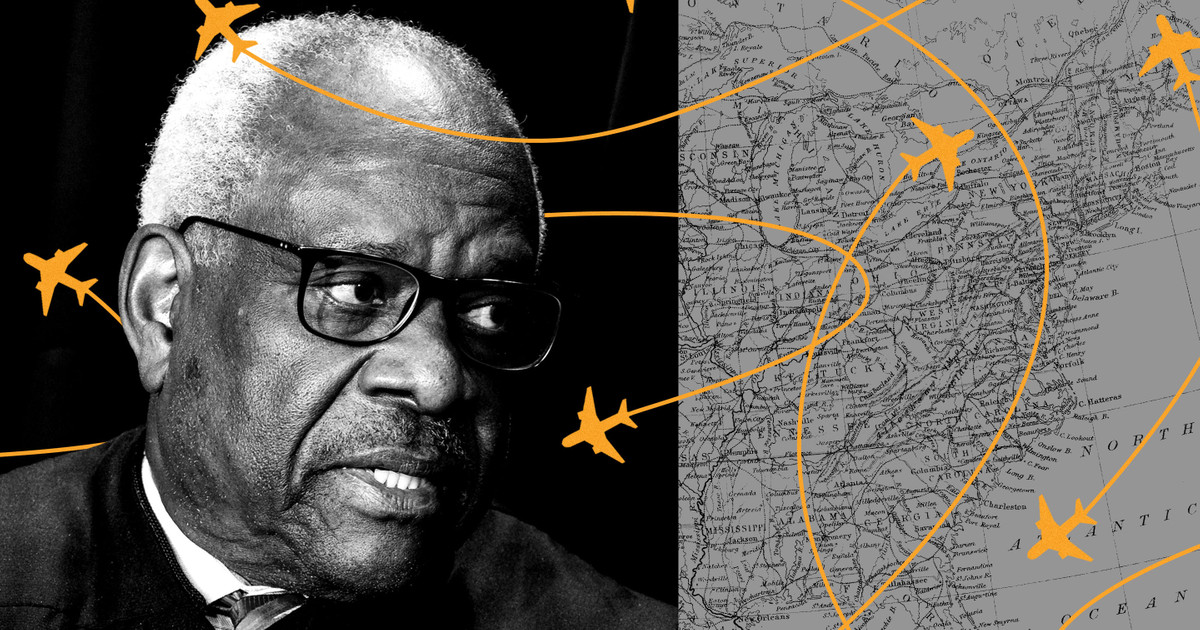
The Other Billionaires Who Helped Clarence Thomas Live a Luxe Life
The fullest accounting yet shows how Thomas has secretly reaped the benefits from a network of wealthy and well-connected patrons that is far more extensive than previously understood.
-
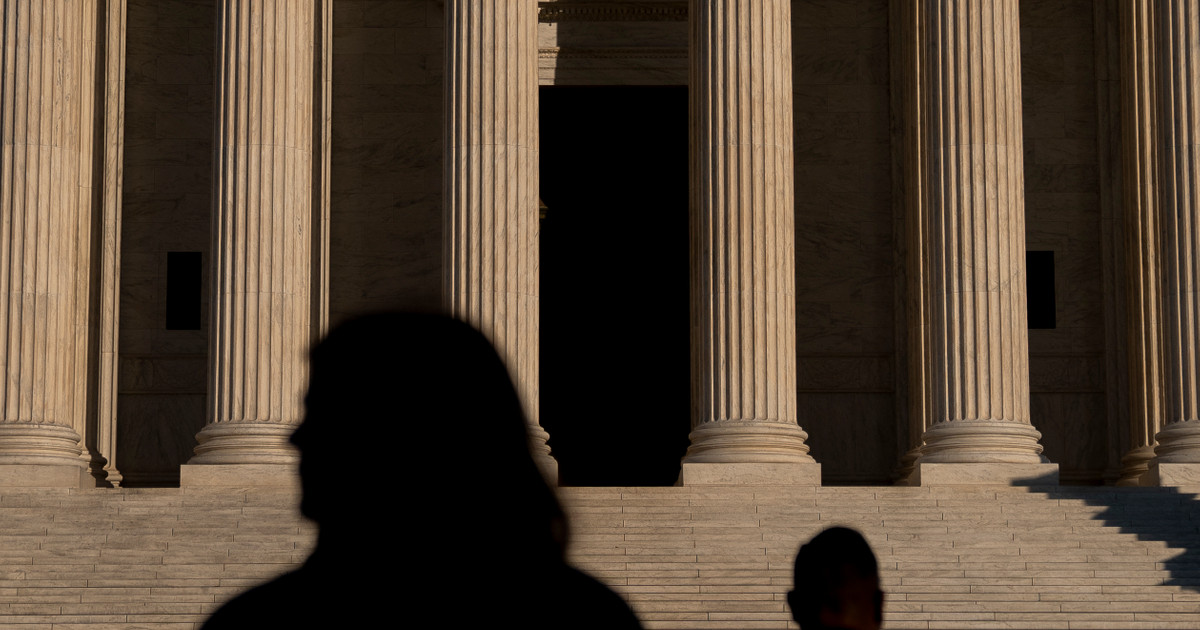
Supreme Court Adopts Its First-Ever Ethics Code
Experts say it is unclear if the new rules, which come after reporting by ProPublica and others revealed that justices had repeatedly failed to disclose gifts and travel from wealthy donors, would address the issues raised by the recent revelations.
